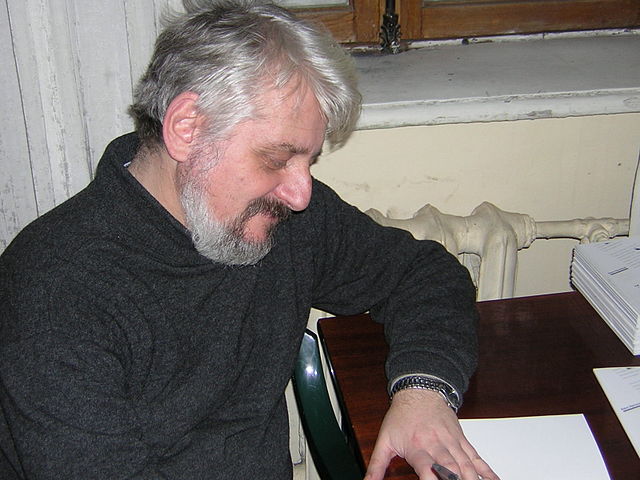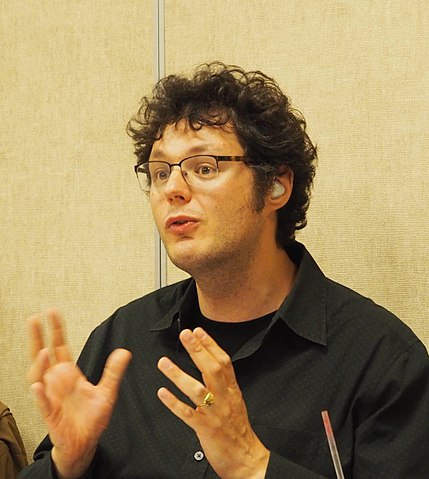Building Blocks is a fortnightly column by Jayasri Sridhar, a design student at the National Institute of Design. She brings the conversations from the college campus to this space, and writes about the issues and ideas that occupy the minds of students. Her first article, here, is a letter to her college campus about things she terribly missed while in the lockdown.

On 24 February 2022, Russia began a full-scale invasion of Ukraine. This is the largest conventional military attack on a sovereign state, and the largest refugee crisis in Europe since World War II.
1>
01 March 2022
I stare at the blinking cursor. The news on the television seeps in through the crack beneath my door. There is a big debate; there are burning questions. Words and sentences climb over each other, angry men clash over the issue, louder and louder still. The news channels blaring on my TV barely go beyond who said what about the war. I want to ask them how their prime time debates are supposed to inform me about the plight of the country whose name they’re flashing across the screen in bright red.
At this point, all I can think of is questions.
Appa, why are you watching this?
Why are we watching this?
Why is the world watching this happen?
Why is this happening?
2>
A week before the news of war broke, I had stumbled upon this poem by a Ukrainian poet.
“At the trial of God, we will ask: why did you allow all this?
And the answer will be an echo: why did you allow all this?”
–Deaf Republic, by Ilya Kaminsky
And now, I read Ukrainian writers day and night, drowning myself in collections like Words for War: New Poems from Ukraine. Boris Khersonsky. Iya Kiva. Vasyl Makhno. Andrey Kurkov. Anastasia Afanasieva. Ilya Kaminsky.
Was my chance discovery of Kaminsky a message, a sign? Or just algorithm getting eerily prophetic?

Ilya Kaminsky, the author of Dancing in Odessa and Deaf Republic writes on 28 February 2022:
“How can one speak about, write about, war?”
And when I reach inside me , what I am asking is: How can I not speak about, write about, war? Am I not being dishonest to myself when I write about anything else?
Where is the honesty in writing sentences, when all I have is questions?

3>
What does it mean to create when you’re surrounded by news of destruction?
Even miles away from the war, I struggle with this blinking cursor and the blank page. Even though I am not directly affected, it is all I can think about.
A young boy was spotted playing a piano at a hotel in Kharkiv as Russian forces attacked the Ukrainian city. I watch a video of him swaying, playing into the grave silence of the approaching violence, the calm before the storm.

To that young pianist: How do you create music when you are in the midst of a war? How do you create, with this imminence looming upon you? Why do you create?
Kaminsky relates an unforgettable conversation with a friend from Odessa, a city in southern Ukraine: “After I asked him for any way I could help him, he responded: ‘Putins come and go. If you want to help, send us some poems and essays. We are starting a new literary magazine.’ In the first days of war. Imagine.”
And on finding hope, he says this: “In Odessa, they had an event where people created a human chain across the city, and each person read a favourite passage from a book to a person standing next to them.” — What the writer of We Lived Happily During the War wants you to know about Ukraine, CNN.
4>
Filmmaker. Designer. Writer. Poet. Musician. Artist.
When the labels attached to you signify your identity as a creator and yet, when the visuals of buildings being razed to dust, students stranded and people having to leave behind everything they have known break you down, how do you find the courage to speak, to write, to ask?
5>
What do you lose when you lose a war?
What do you lose when you wage a war?
Does a language need protection?
Do people need protection?
Are we doing enough?
Should we not be doing more?
How can we do more?
What is enough?
As I think in questions, I see more questions.
Kaminsky on Boris Khersonsky, a Russian-language poet who refused to lecture in Russian as an act of solidarity with occupied Ukraine: “What does it mean for a poet to refuse to speak his own language?”
“Is language a place you can leave? Is language a wall you can cross? What is on the other side of that wall?”
“Living many hundreds of miles from Ukraine, away from this war, in my comfortable American backyard, what right do I have to write about this war?—and yet I cannot stop writing about it.”
I find a perfect mirror in my own fractured conviction: what right do I have to imagine the plight of those I have never met, who are suffering what I have never imagined?
6>
What good does poetry do? I have always wondered what good words are, aeons and ages away from the people they seek to understand, to comfort, to remember? But when I read words by these Ukrainian poets, they move something inside me. “The language of poetry may or may not change us, but it shows the changes within us,” writes Kaminsky.
Poetry matters. It shows you who you are, and what you’ve lived through.
Am I a changed person for having suffered through my own silences, never uttering the words which might have mattered?
7>
Tanks. Nuclear. Identities. Families. First casualty. Shelling. Invasion. Humanitarian. Capture. Bombs. Refugees. Bullets. Soldiers. Numbers. Borders. History. People.
When these words fly around, what trails are they leaving behind?
What is their residue? What is their impact?
Is it dust and rubble and smoke, or is it tears and loss and memory?
To read, to write, to speak, to hear — how is it that words can build so much and can break so much?
How do I use them, in these times of fear and distrust, to conjure resilience and hope?
***
Jayasri Sridhar is a Film Design student at NID Ahmedabad with a passion for research, poetry, Hindustani music and deep conversations. When she’s not doing riyaaz, she’s found either around a bookshelf or journalling away about how she loves too many things for her own good.

